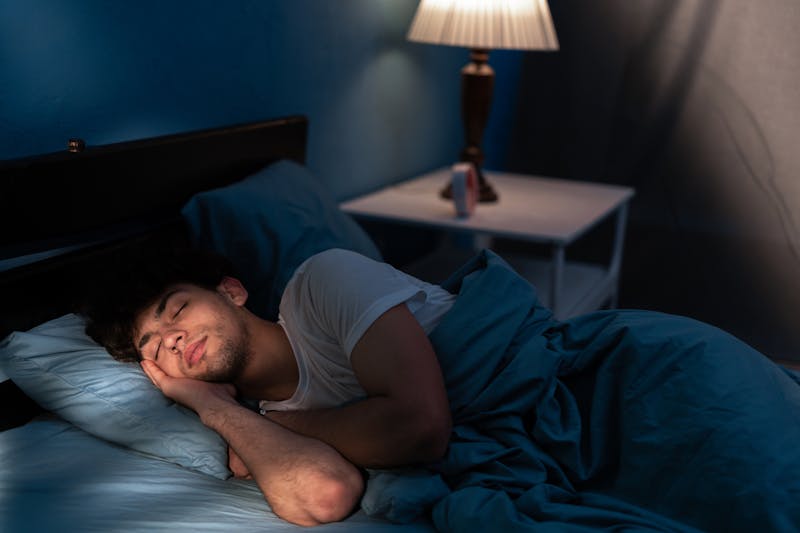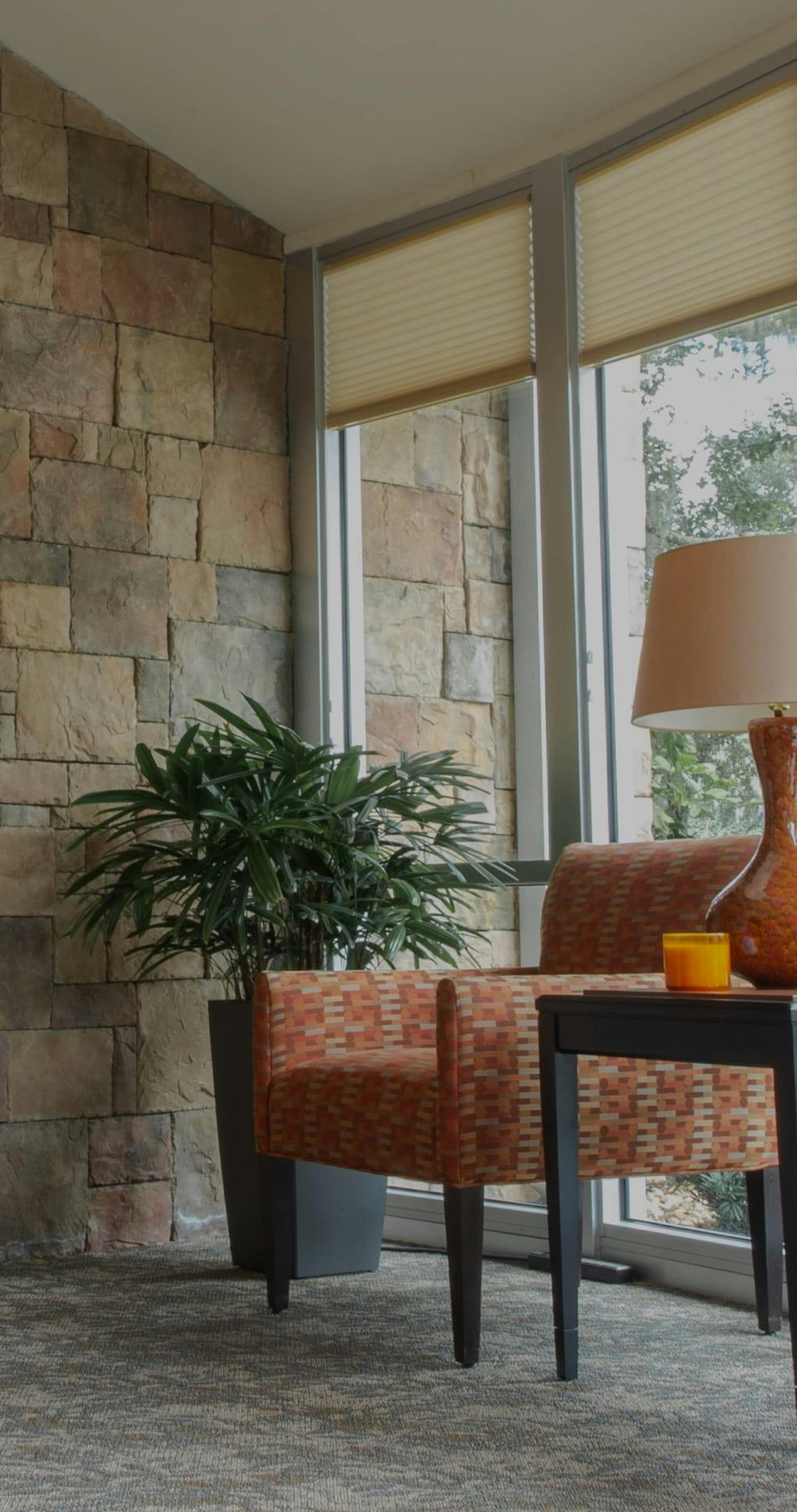
Recognizing the factors that contribute to sleep apnea can be a game-changer in identifying symptoms and getting the right care. Dr. Sixto, our esteemed expert at Admira Dentistry, is here to share valuable insights about the demographics and risk factors linked to sleep apnea. Knowing who is most at risk for sleep apnea can empower you to take proactive steps for improved health and wellness.
Demographics and Risk Factors
Sleep apnea can affect individuals of all ages, but certain demographics and risk factors are associated with a higher likelihood of experiencing the condition. Dr. Sixto explains that men, particularly middle-aged and older men, are more likely to have sleep apnea than women. However, women can also develop sleep apnea, especially after menopause.
In addition to gender, age is a significant factor in the prevalence of sleep apnea. As people age, the risk of developing sleep apnea increases, with individuals over the age of 40 being more susceptible to the condition. However, it's important to note that sleep apnea can occur at any age, including in children.
Excess weight or obesity is a significant risk factor for sleep apnea. Dr. Sixto points out that carrying extra weight, particularly around the neck and throat, can narrow the airway during sleep, leading to breathing interruptions. Moreover, if you have a family history of sleep apnea, you are at a higher risk of developing the condition, suggesting a genetic predisposition to the disorder.
Additionally, medical conditions like hypertension, diabetes, and heart disease can increase the risk of developing sleep apnea. These conditions often worsen sleep apnea symptoms. Lifestyle choices such as smoking, drinking alcohol, and using sedatives can also raise the likelihood of experiencing sleep apnea.
Recognizing the Signs and Seeking Care
If you find yourself fitting into any of the demographics or risk factors linked to sleep apnea, it’s crucial to recognize the potential symptoms. Common indicators of sleep apnea include loud snoring, gasping or choking during sleep, feeling excessively tired during the day, and having trouble concentrating. Dr. Sixto encourages you to seek professional care if you experience these symptoms, as early diagnosis and intervention can lead to effective management of sleep apnea.
Admira Dentistry for Sleep Apnea Relief
It’s clear that certain demographics and risk factors, including gender, age, weight, family history, and underlying medical conditions, contribute to the likelihood of having sleep apnea. If you recognize these risk factors or experience symptoms of sleep apnea, seeking care from a knowledgeable healthcare provider is crucial.
At Admira Dentistry, Dr. Sixto and our team offer personalized care and effective treatment options for individuals with sleep apnea, helping them achieve better sleep and improved overall health. Recognizing the risk factors and getting timely care can significantly improve the management of sleep apnea.
If you or a loved one identify with the risk factors or symptoms of sleep apnea, we encourage you to schedule a consultation with Dr. Sixto at Admira Dentistry to receive personalized care and effective treatment options.


